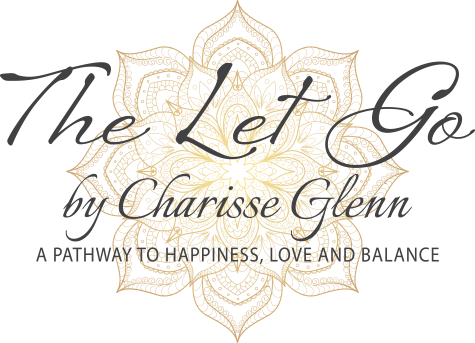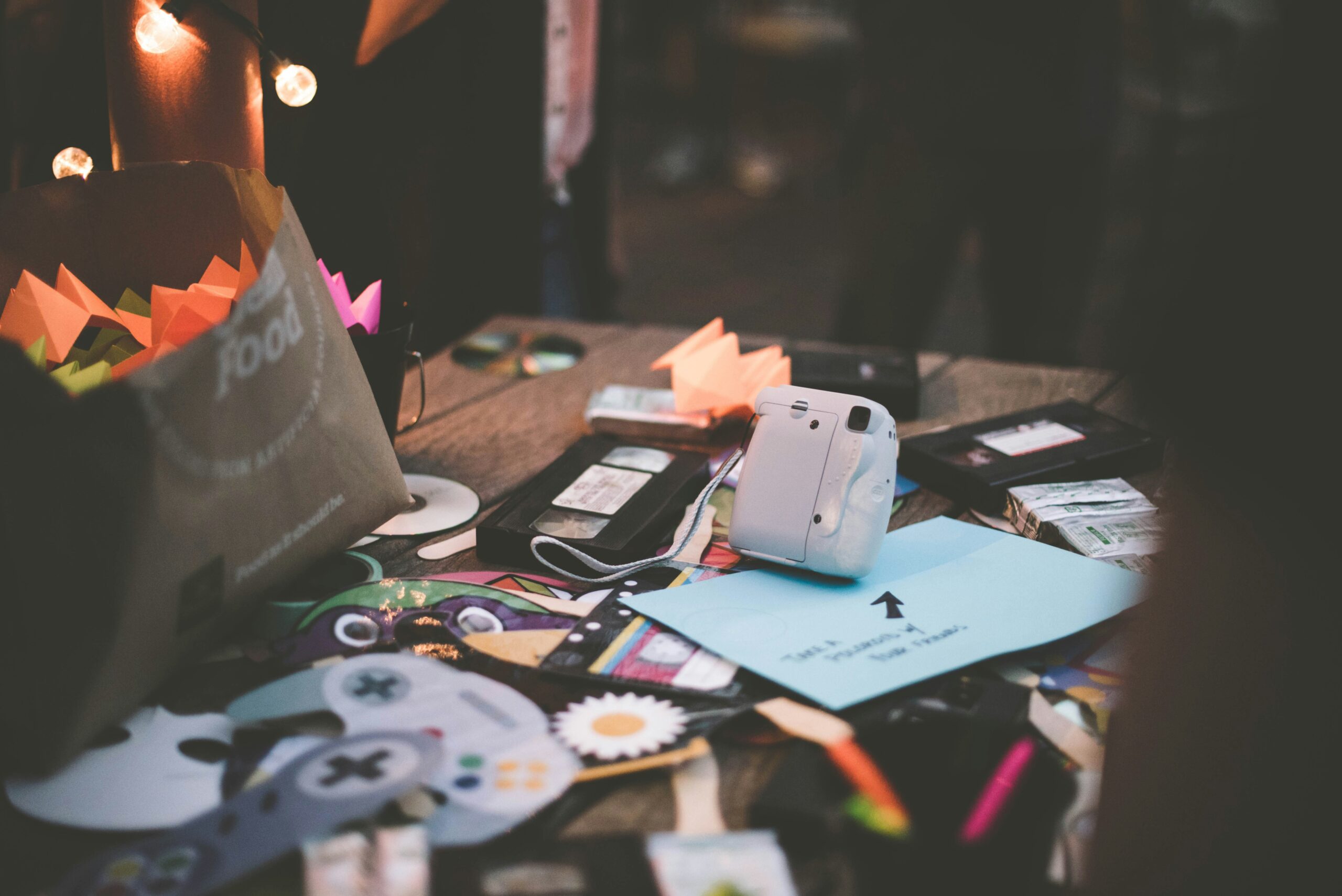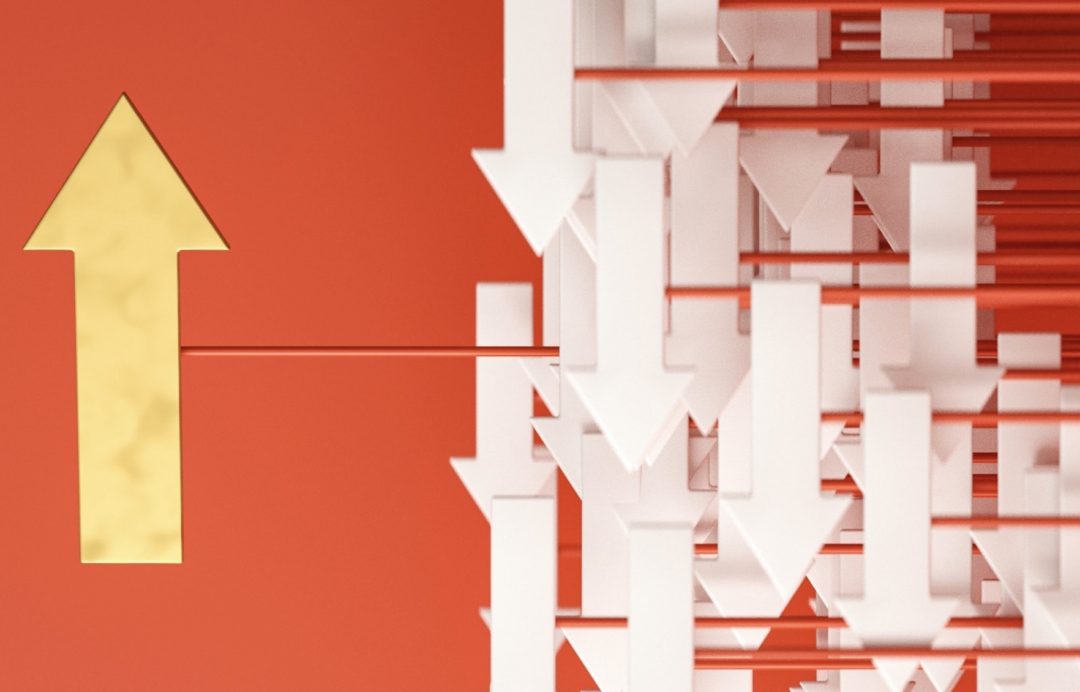The Feng Shui definition for clutter is “postponed decisions and the inability to move forward.”
Once committed to becoming evolved and aware, we begin to see the interconnectedness of every action or inaction we take. Our decisions to recycle, lessen our carbon footprint, be kind to strangers, treat animals humanely, and look at the actions that enhance rather than distract from becoming the best people we can take energy.
Surprising as it may seem, the power of clutter, that stuff in our space, even if unseen and shoved into the back of the closet or stashed on the highest shelves, is robbing us of energy. The space it inhabits blocks energy flow, not creating bad energy exactly, just preventing good energy from circulating. In Feng Shui, those no longer used, helpful, or loved things are considered stagnant or dead energy. Chi, qi, and prana are all interchangeable words for energy, which also translates to life force. So, when we block this energy from flowing freely, it affects how we feel. Hence, when we remove the clutter, we free up our life force vibrancy.
How does this work?
Allowing stuff to accumulate prevents the things we want from coming in. No two things can inhabit the same space simultaneously, so if we hold on to those things that no longer serve our lives now, it prevents a new reality from incarnating. Instead, it keeps us living in the past; doing so also encourages procrastination and feelings of being stuck and depressed.
When our life force is blocked, it produces stagnation in our energy field; we may feel exhausted just thinking of doing something. Psychologists and neuroscientists have studied the effect clutter has on our brains. They have discovered that when there is ongoing visual disorganization, this disorganization has a cumulative effect because our brains like order. Clutter has been found to drain our cognitive capacity and ability to focus. Simply clearing away our workspace can significantly benefit productivity and the ability to concentrate.
How do we expand our life force and minimize our stuff?
Learn to let go, figuratively and physically.
Just as taking a walk or working out will alter our mood, when you feel stuck, get rid of stuff. Clean out a drawer or a cupboard. You don’t need to become overzealous and attack the entire garage; simply organizing a drawer or two will shift your energy.
Start with a clean slate before starting a new project, whether work or household. When you prepare a meal, start with an organized kitchen and clean as you go. Clearing away the distractions will relieve your mental stress and build your cognition, thus allowing focus and mindfulness to go into your project.
If you are constantly struggling with where something goes, it is time to reevaluate what is taking up space. One way is to stop buying things. Or, if you need that new sweater, set of dishes, or dog toy, bring it home, then donate the one you are replacing. My rule of thumb is that if something comes in, something must go out. I’m not a stickler for like-for-like, but if something goes into a closet, something else must leave it.
Designating a home for everything makes it more accessible, and eventually, it will become a habit to throw out what you don’t need and put the other things in their place.
Regifting is ok and encouraged. Hold it, appreciate the thought from the person who gave it to you, and give it to someone who will enjoy it. Instead of figuring out where you will put it, ask who would use it / like it more.
There is a theory in Feng Shui about where you store your clutter and what it says about you. For instance, clutter under the bed may suggest a fear of intimacy or gender roles, while overflowing closets may reveal a reluctance to process emotions. Additionally, If you want a relationship, make room in your closet, which will make room in your unconscious mind.
One thing is sure: what we imagine will manifest, so the sooner we can rid ourselves of the things that are taking up space in our lives, the sooner we can bring in what we truly desire.
The connections between what we create are intertwined with how we think. How we process our external world, the visual appeal or chaos will directly correlate to our levels of strain or happiness. We can empower our lives if we simply clear the way.
There’s nothing wrong with having a collection, but it becomes a problem when it overwhelms your space. When you’re not displaying it properly, you’re not enjoying it and it turns into clutter.





